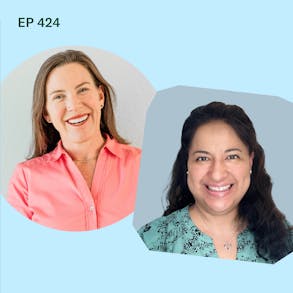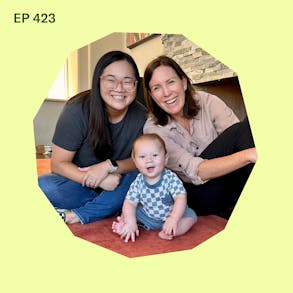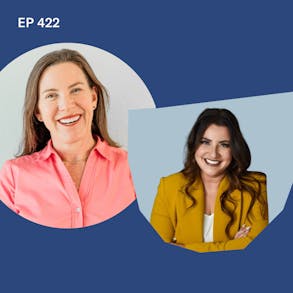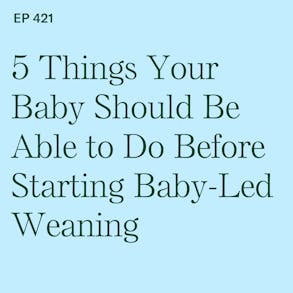The Risk of Homemade Infant Formulas with Farryl Bertmann, PhD, RDN
- Inadequate nutrition and provision of nutrients in homemade infant formula
- Kidney health concerns due to inaccurate provision of minerals in homemade infant formula
- Food safety concerns and potential for foodborne illness from homemade infant formula
- Food allergy risk for babies
- Why families and individuals would consider and explore and experiment with making homemade infant formula, including a discussion about the recent infant formula shortage
- What the serious health consequences and outcomes are for babies who are subjected to insufficient nutrition from homemade infant formula, including case studies
- How healthcare practitioners can counsel and assist families about adequate infant nutrition needs and help prevent the use of nutritionally inferior and dangerous homemade infant formulas
LISTEN TO THIS EPISODE
PODCAST EPISODE SHOW NOTES
#252: Commercially prepared infant formula is a safe and effective substitute for human milk. Homemade infant formula has been linked to documented, serious injuries and negative health outcomes in babies. In this episode Farryl Bertman, PhD, RDN joins me to talk about the risks and dangers of homemade infant formulas.
Farryl Bertmann is a Senior Lecturer in the UVM Nutrition and Food Sciences Department and faculty with the University of Vermont Food Systems Program. She works in the area of food security and nutrition assistance programs and co-authored the paper The Risk of Homemade Infant Formulas: Historical and Contemporary Considerations.
The four primary problems with homemade infant formula that are discussed in this interview are:
Inadequate nutrition and provision of nutrients in homemade infant formula
Kidney health concerns due to inaccurate provision of minerals in homemade infant formula
Food safety concerns and potential for foodborne illness from homemade infant formula
Food allergy risk for babies
Read Dr. Bertman and colleagues’ paper The Risk of Homemade Infant Formulas: Historical and Contemporary Considerations here.
SUMMARY OF EPISODE
In this episode we’re talking about:
Why families and individuals would consider and explore and experiment with making homemade infant formula, including a discussion about the recent infant formula shortage
What the serious health consequences and outcomes are for babies who are subjected to insufficient nutrition from homemade infant formula, including case studies
How healthcare practitioners can counsel and assist families about adequate infant nutrition needs and help prevent the use of nutritionally inferior and dangerous homemade infant formulas
ABOUT THE GUEST
LINKS from episode
Dr. Farryl Bertmann is a researcher and lecturer in nutrition at the University of Vermont
Her areas of expertise include inclusive and equitable approaches to community-based nutrition education, and global food sovereignty
Dr. Bertmann and colleagues co-authored the recent paper The Risk of Homemade Infant Formulas: Historical and Contemporary Considerations which you can read here.
TRANSCRIPT OF EPISODE
WANT MORE BLW INFO?!
SUBSCRIBE to the BABY-LED WEANING MADE EASY PODCAST - new episodes are released on Monday and Thursday and subscribing means you’ll never miss what’s new (+ you’ll get notified about special bonus episodes too!)...subscribe here.
Grab my free download called 10 EASY STARTER FOODS FOR BABY-LED WEANING - sometimes just getting the confidence to get going will help you realize your baby CAN and WANTS to do this self-feeding thing! < < CLICK HERE FOR THE 10 STARTER FOODS DOWNLOAD > >
REGISTER for my free online workshop BABY-LED WEANING FOR BEGINNERS: How to get your baby to try 100 foods before turning 1 without you having to spoon-feed purees or buy pouches. Everyone on the workshop gets a copy of my 100 FIRST FOODS list so you’ll know exactly what foods babies CAN eat when they’re ready for BLW! Register for this week’s workshop times here.

Latest Episodes






Get baby-led weaning recipes and tips delivered right to your email inbox.